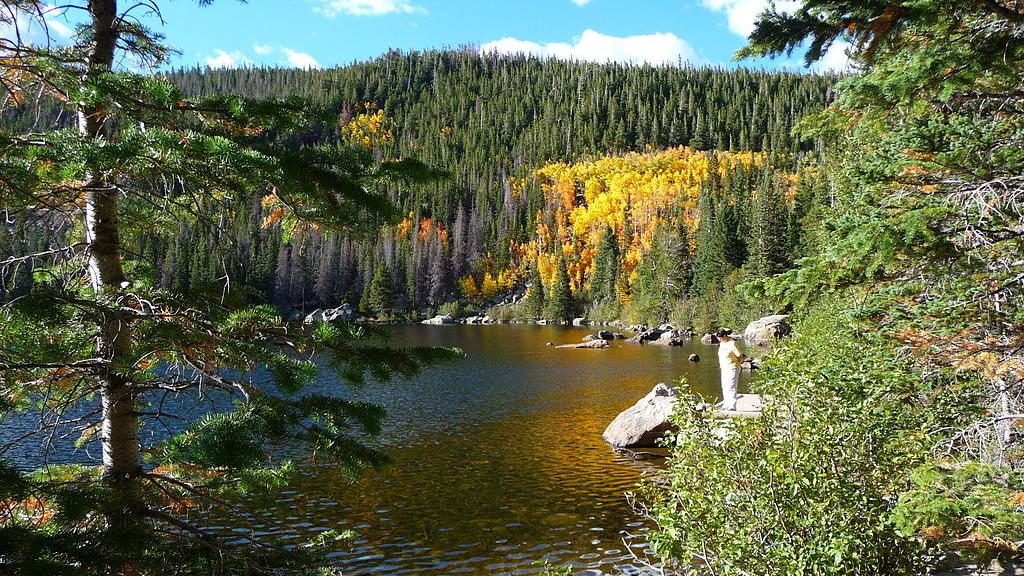Lisa Dilling
CIRES Research Affiliate, EDF Associate Chief Scientist
- PhD, University of California Santa Barbara
- B.A., Harvard College
Research Interests
I am Associate Chief Scientist at the Environmental Defense Fund, and am now an affiliate of CIRES at the University of Colorado Boulder. I was a Professor for 15 years in the Department of Environmental Studies, a CIRES Fellow, and former Director of the Western Water Assessment at the University of Colorado Boulder. My research focuses on understanding how to build climate resilience and accelerate the transition to carbon-free energy. I use interdisciplinary, empirical methods to study the tradeoffs involved in implementing new policies at the local and regional scale and understanding how science can best support robust decision making in deeply uncertain contexts. Topics of research include energy, climate adaptation, drought and urban water management, policy for usable science, climate change and public lands, carbon management, geoengineering, and municipal policies regarding natural hazards. I have served on numerous national and research advisory boards (three journal editorial boards, a National Academy of Sciences, Engineering and Medicine Committee, and was a Leverhulme Visiting Professor at the University of Oxford in 2016-2017. I taught classes on climate and energy policy, science and technology policy, resilience analysis, usable science, research methods, and introductory environmental studies.
Research Topics
- Accelerating the energy transition
- Climate adaptation strategies
- Policy analysis and tradeoffs
- How decision maker values and perception affect policy choices
Research Categories
Climate and Weather, Science Policy, Water ResourcesResearch Images
to
Invalid date -Sponsors
-
Invalid dateP.I.(s)
About CECA
CECA connects and creates a supportive environment for graduate students and postdocs who come from various academic units to do research in CIRES.
